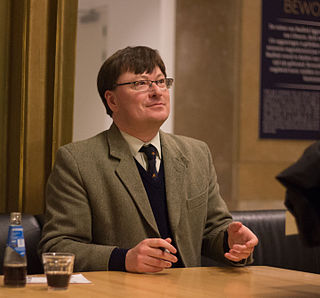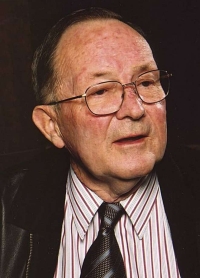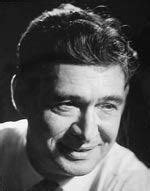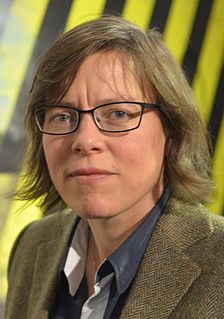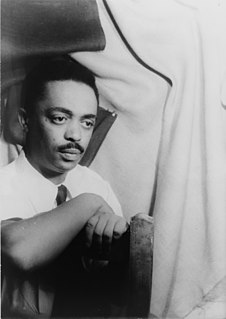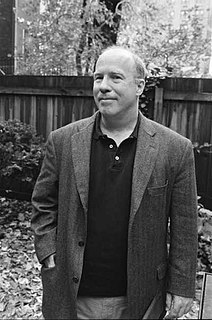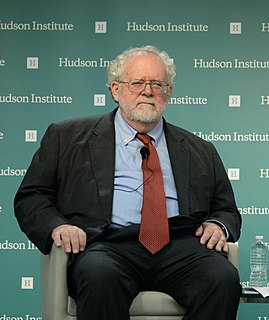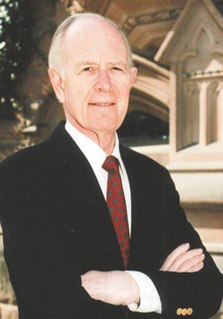A Quote by Adrian Goldsworthy
The story of the fifth century was one of the exploitation of imperial weakness. Thus the Western Empire died.
Related Quotes
Imperial politics represents the conquest of domestic politics and the latter's conversion into a crucial element of inverted totalitarianism. It makes no sense to ask how the democratic citizen could 'participate' substantively in imperial politics; hence it is not surprising that the subject of empire is taboo in electoral debates. No major politician or party has so much as publicly remarked on the existence of an American empire.
The 500 years following the fall of the Western Roman Empire were dubbed by the poet Petrarch 'dark.' Although the 14th-century Italian was referring to a literary decline, the term caught on to denote the seemingly backward turn the Western world took with regard to religious and technological developments.
The formal granting of independence created a more Manichean system of dependency and exploitation, since for those who practice it, it means power without responsibility and for those who suffer from it, it means exploitation without redress. In the days of old-fashioned colonialism, the imperial power had at least to explain and justify at home the actions it was taking abroad. In the colony those who served the ruling imperial power could at least look to its protection against any violent move by their opponents. With neocolonialism neither is the case.
The London I entered was a great bustling metropolitan city at war, an imperial power fighting to hold on to that empire. And the teeming colonial subjects of that empire did not, on the whole, want England to lose that war, but they also did not want the empire to emerge unchanged from it. This, for very many of us, was the hard dilemma.
When Edward Gibbon was writing about the fall of the Roman Empire in the late 18th century, he could argue that transportation hadn't changed since ancient times. An imperial messenger on the Roman roads could get from Rome to London even faster in A.D. 100 than in 1750. But by 1850, and even more obviously today, all of that has changed.
The mark of the modern world is the imagination of its profiteers and the counter-assertiveness of the oppressed. Exploitation and the refusal to accept exploitation as either inevitable or just constitute the continuing antinomy of the modern era, joined together in a dialectic which has far from reached its climax in the twentieth century.
